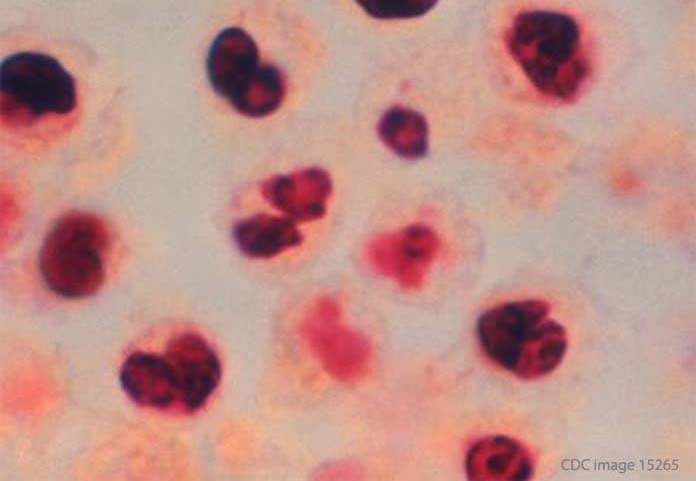A YMCA in Lawrenceville, Georgia has been forced to close its pool, hot tubs, steam room, sauna, and shower areas because the facility may harbor dangerous levels of Legionella pneumonia bacteria. According to news sources, the J.M. Tull-Gwinnett Family YMCA, located at 2985 Sugarloaf Parkway in Lawrenceville, was alerted by Gwinnett County Health Department on November 6th that multiple diagnosed cases of Legionnaires’ disease, a potentially fatal form of pneumonia, have been linked to the YMCA.
Legionnaires’ Disease Lawsuit Information
There are currently no numbers available regarding how many members may have contracted Legionnaires’ disease (also called legionellosis). The source of the contagion is still being ascertained; facility staff have sent a notice to members explaining the closure:
“Although there are currently no environmental samples showing this bacteria is present in our facility, we are taking every precaution and have hired an outside company who specializes in remediation for public facilities.”
People who have used these areas at the YMCA and develop pneumonia-like symptoms should seek medical assistance immediately. The symptoms of legionellosis include coughing, difficulty breathing, fever, nausea, vomiting, muscle pain, and disorientation / hallucinations. The illness takes between two and ten days to develop after people are exposed to the Legionella pneumonia bacteria; it is treated with antibiotics.
Legionnaires’ disease outbreaks occur when the Legionella bacteria proliferate in undermaintained water systems. When the bacteria is disseminated from sources like swimming pools, hot tubs, saunas, or showers in the form of water vapor, people who breathe in these droplets may become sick.

Those who are older than 50, smokers, have chronic lung disease / COPD, weakened immune systems, or underlying medical conditions like diabetes are particular susceptible to Legionnaires’ disease.
“Each year, 8,000–18,000 people in the United States are hospitalized with Legionnaires’ disease. Legionnaires’ disease is usually treated successfully with antibiotics, but can sometimes be fatal.”The Centers for Disease Control and Prevention (CDC)
One out of every ten people who contract Legionnaires’ disease will die. Complications of the disease include respiratory failure, kidney failure, and septic shock.
Legionnaires’ Disease in Gyms and Fitness Centers
Reports of Legionnaires’ disease outbreaks originating at fitness centers have become increasingly common. Between February and May of 2017, at least seven people contracted the illness after visiting one of three L.A. Fitness gyms in Orange County, Florida (at 4792 South Kirkman Road and 12700 South Orange Blossom Trail in Orlando and at 1560 Silver Star Road in Ocoee).
In a separate outbreak in June of 2017, three members of Summit Greens, a residential community for people 55 and over in Clermont, Florida, caught Legionnaires’ disease, later linked to the community’s pool and spa. One of these people died.
Earlier, in January of 2017, an outbreak was associated with the LA Fitness gym on Jericho Turnpike in Garden City Park, New York.
And, in November 2013, two individuals caught Legionnaires’ disease from a hot tub at the LA Fitness club at 1836 Freedom Drive in Napier, Illinois.
Can I Sue the YMCA or another Fitness Center?
Gyms have the responsibility to ensure that all water systems on their premises are regularly tested for Legionella and other dangerous bacteria. When they fail to adequately maintain their hot tubs, pools, spas, showers, and / or potable water systems, they place their members at risk of catching potentially deadly illness like Legionnaires’ disease.
When those who have contracted Legionnaires’ disease from a fitness center contact us, one of our Legionella pneumonia lawyers works closely with them to investigate the conditions behind their diagnosis. Establishing a legal claim involves a complex 6-step process; we confirm the pneumonia diagnosis, verify that doctors discovered the presence of a strain of Legionella bacteria in our client’s body, identify the source of the illness, and review the results of environmental and laboratory investigations.
This thorough gathering and analysis of medical and environmental evidence has consistently enabled us to structure complex Legionnaires’ disease litigation that has secured multimillion-dollar settlements for our clients. For more information, please call 1-888-377-8900 (toll free) or use our free consultation form to arrange a confidential consultation regarding a Legionnaires disease lawsuit. Read client testimonials.